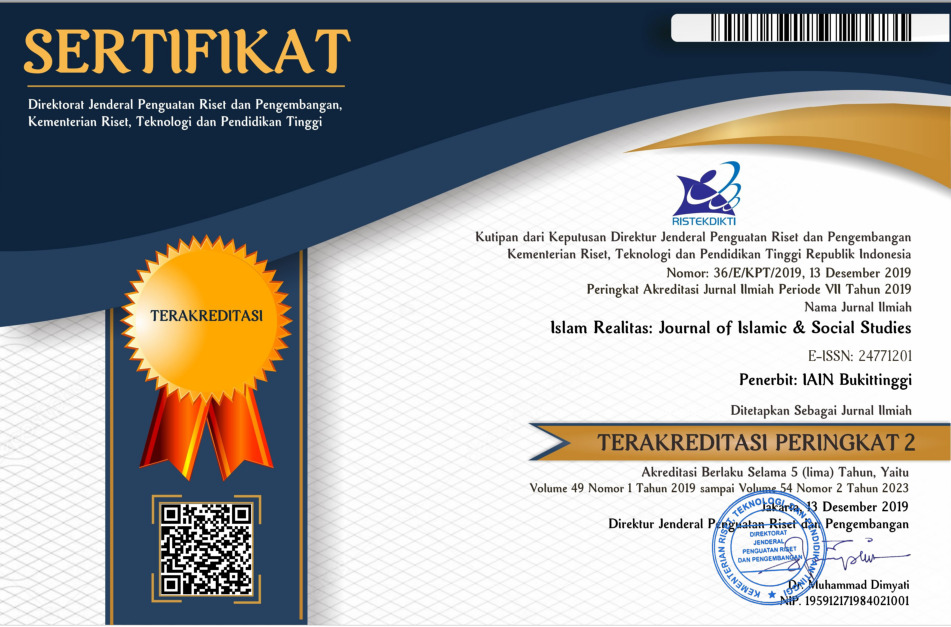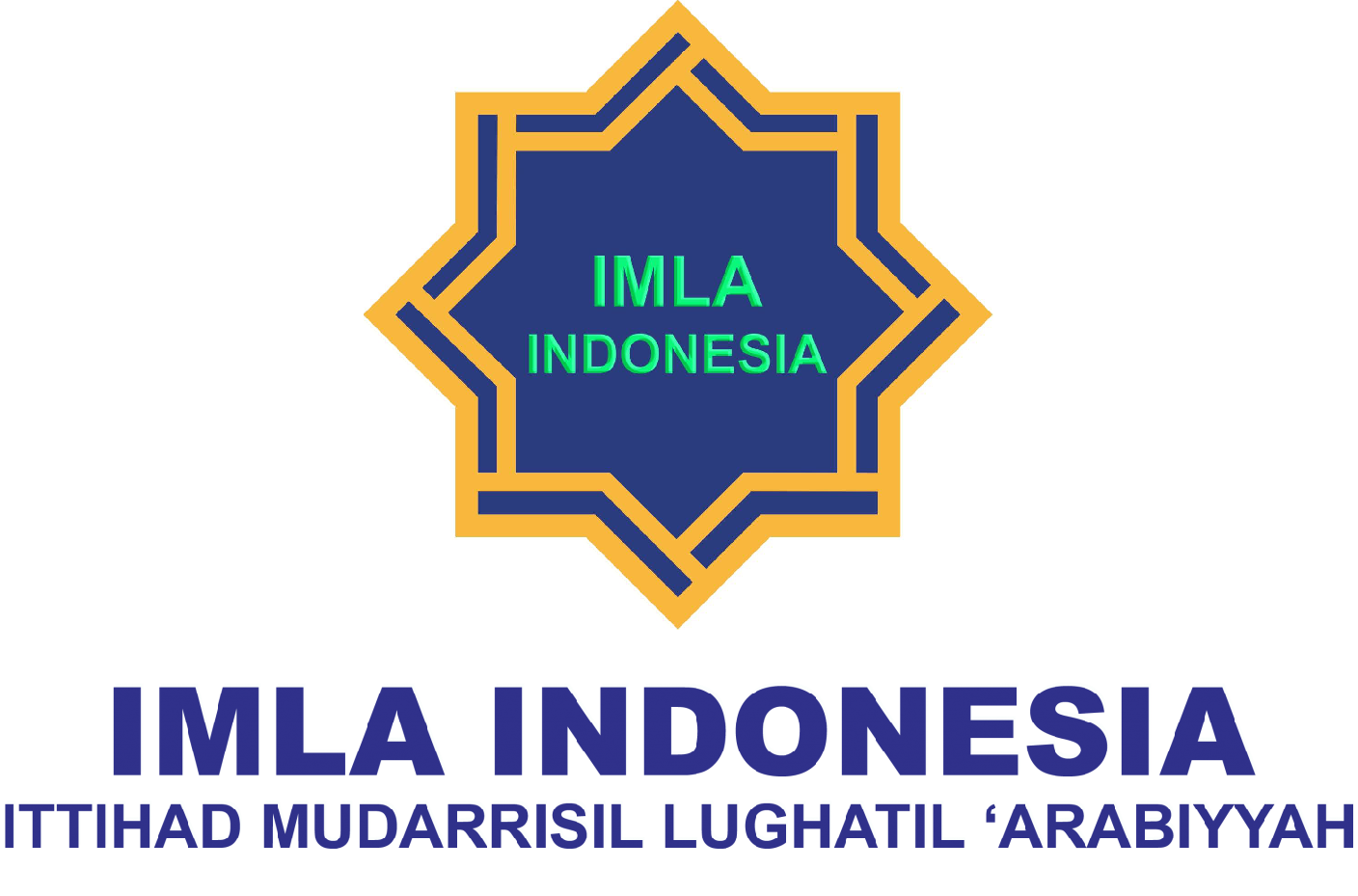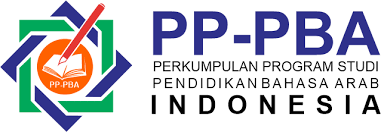Taʼthīr Istikhdām Istirātījīyah Tadrīs al-Aqrān (Peer Lessons) fī Natāʿij Taʿlīm al-Lughah al-ʿArabīyyah
Authors :
Abstract
The problems in this research are student learning outcomes are low, students are less interested in learning Arabic, teachers teaching Arabic still do not use traditional teaching strategies, and the teaching process in the classroom is focused on teachers and not on students. The purpose of this research is: 1) To find the effect of the use of peer lessons strategy on student learning outcomes, 2) To find the extent to which the effect of the use of peer lessons strategy on student learning outcomes. This research method used is a quasi-experiment with a non-equivalent control group design. The population is all 10th-grade students and the sampling technique is purposive sampling. Data collection was carried out using test results in the form of multiple-choice questions. The result of the research based on the independent sample t-test analysis is: 1) There is an effect of peer lessons strategy on student learning outcomes because, in the Independent Sample t-test, sig values were obtained the value of sig. (2-tailed)0.001 > α.(0.05). 2) The effect of peer lessons strategy on student learning outcomes of 42.59 %.
ينطلق البحث من المشكلات التي تواجه طلاب الفصل العاشر بالمدرسة الثانوية الإسلامية الحكومية 4 آغام. و منها نتائج تعليم الطلاب منخفضة، وقلة الاهتمام طلاب بتعلم اللغة العربية، لم يزل المعلم يستخدم الطريقة التقليدية في التعليم، وتركز التعليم على المعلم ولم تتركز على الطلاب. أما أهداف البحث هي: لمعرفة استخدام استراتيجية تدريس الأقران (Peer Lessons) في تعليم اللغة العربية، ولمعرفة نتائج تعليم اللغة العربية، ولمعرفة تأثير استخدام استراتيجية تدريس الأقران (Peer Lessons) في تعليم اللغة العربية لدى الطلاب في هذه المدرسة. هذا البحث هو البحث الكمي بنوع تجربي زائفي، وتصميم البحث هو تصميم Nonequivalent Control Group Design. والمجتمع لهذا البحث هو جميع الطلاب في الفصل العاشر والعينة يعني الفصل الضابط (X Mipa 2) والفصل التجريبي (X Mipa 1) بتقنية أخذ العينة هي Purpossive sampling. تم جمع البيانات باستخدام نتائج الاختبار في شكل أسئلة الاختيار من متعدد. بناء على نتائج اختبار الفرضيات في SPSS النتيجة الأهمية أو Sig.(2-Tailed) في جدول Independent Sampel T Test هي 0،001 أصغر من 0.05 فالمقبول فرضية بدلية.
Keywords
Full Text:
PDFDOI (PDF): http://dx.doi.org/10.30983/huruf.v3i2.7397.g1700
References
Bimantara, Anggit, ‘Penerapan Model Pembelajaran Student Teams Achievement Divisions (Stad) Sebagai Upaya Meningkatan Aktivitas Proses Belajar Siswa Pada Mata Pelajaran Ips Kelas Viii Smp Muhammadiyah 1 Simpon Surakarta Tahun Ajaran 2017/2018’, 3.2017 (2020).
Dewi,Yelfi, Amrina, Mudinilah, Adam, dkk, Development of Arabic Learning Media with Lecture Maker Application, BIC EAI 2021.
Febrianta, Rita. Utrūhah: Faʿāliyyah Istikhdām al-Bī'ah al-Madrasah fī Tarqiyah Mahārah al-Kalām, Malang: UIN Maulana Malik Ibrahim (2009).
Harisman, Teguh, Dasar Pertimbangan Memilih Strategi, Metode, Teknik daalam Pembelajaran PAI, Pasca Sarjana UIN Alauddin, Makassar (2020).
Julianti, Dena, ‘Upaya Meningkatkan Keaktifan Dan Hasil Belajar Ips Melalui Strategi Peer Lessons Dengan Media Permainan Ular Tangga’, MADROSATUNA : Jurnal Pendidikan Guru Madrasah Ibtidaiyah, 1.1 (2018).
Relita, Dessy, Triana dam Marganingsih, Anna and utari ilhayati Ningsih, ‘Penerapan Strategi Pembelajaran Aktif Tipe Peer Lessons Terhadap Kemampuan Berpikir Kritis Siswa’, Sosio Didaktika, 4.2 (2017).
Ritonga, Mahyudin, Nazir, Alwis, Pembelajaran Bahasa Arab Berbasis Teknologi Informasi dan Komunikasi di Kota Padang, Arabiyat: Jurnal Pendidikan Bahasa Arab dan Kebahasaaraban, 3, (1), 2016.
Rizal, Eka, Yusra, Oktarina, dkk, Tamyiz; a Quantum Learning Method for Qawaid Instructio, BICED EAI, 2019.
Sugiyono, Metode Penelitian Kuantitatif, Kualitatif dan R&D, (Bandung:Alfabetahal), 2013.
Wahyuni, Zikra, Hayati, Husni Arman, dkk, Orthography and Pronunciation in Arabic and English; A Contrastive Analysis, BICED 2021.
Zainuri, Muhammad, Perkembangan Bahasa Arab di Indonesia, Tarling: Journal of Languange Education, Vol.2 No.2 th. 2019.
Zubaydah, Taqābul al-Lughah fi Taʿlīm al-Adab al-ʿArabiy, al-Multaqā al-ʿIlmiy al-ʿĀlamiy al-Ḥādi ʿAshar al-Lughah al-ʿArabiyyah, 2018.
DOI: http://dx.doi.org/10.30983/huruf.v3i2.7397
DOI (PDF): http://dx.doi.org/10.30983/huruf.v3i2.7397.g1700
Refbacks
- There are currently no refbacks.
Copyright (c) 2023 Dhayana Putri Albakrie

This work is licensed under a Creative Commons Attribution-ShareAlike 4.0 International License.




HuRuf Journal : International Journal of Arabic Applied Linguistic
Licensed Under a Creative Commons Attribution-ShareAlike 4.0 International License




